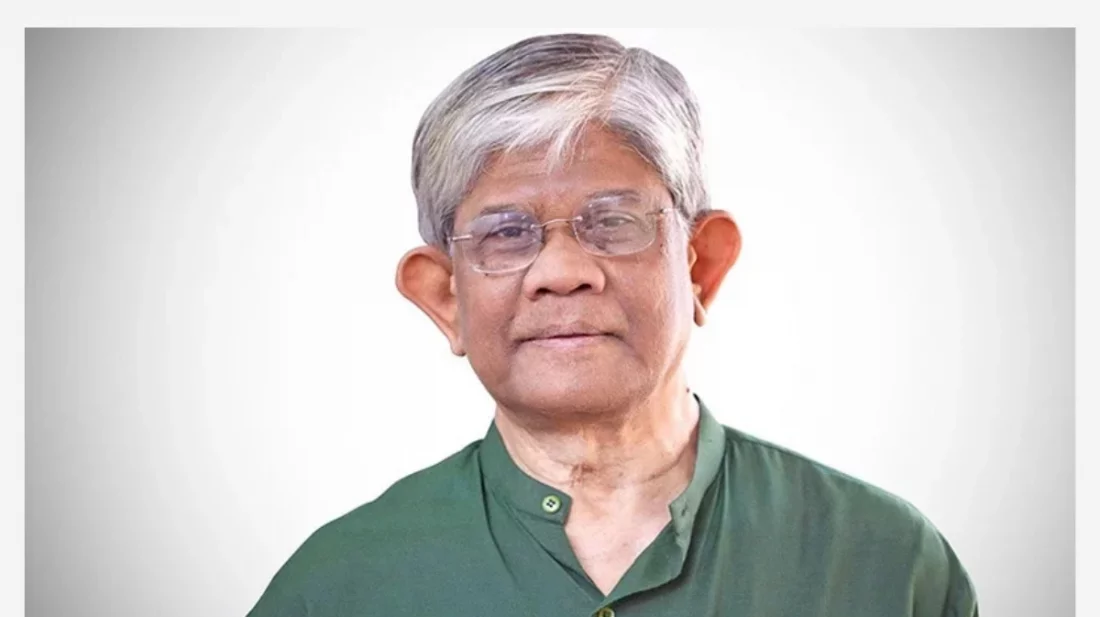The previous Awami League government spent a long time but failed to resolve an international arbitration claim, resulting in Bangladesh facing legal complications in the United States. As a consequence of this incident, a judicial order from a U.S. court unexpectedly emerged against two top officials of the interim government during their official visit to Washington last week.
However, an appeal against this decision was promptly filed by the interim government’s actions. In light of this appeal, the order for economic advisor Saleh Uddin Ahmed and Bangladesh Bank Governor Ahsan H. Mansur to appear before the U.S. court has been revoked.
This incident originated during the first term of the Awami League government led by Sheikh Hasina. In 1997, the Bangladesh Power Development Board (BPDB) approved the establishment of a 100-megawatt power plant by the U.S. company Smith Cogeneration. After failing to complete the work within the stipulated time, BPDB canceled the contract two years later and seized the $150,000 deposited by the company.
On March 1, 1999, Smith Cogeneration filed a case against BPDB and the Bangladesh government in an international arbitration court in the UK under the International Chamber of Commerce (ICC). They claimed more than $35 million in compensation from Bangladesh due to the cancellation of the contract.
BPDB officials stated that this court delivered its ruling on October 30, 2003, after several hearings between 2002 and 2003. Initially, a legal firm was appointed on Bangladesh’s behalf, but later, due to legal disagreements, no representative from BPDB participated in the hearings. As a result, the company received a unilateral ruling.
The ruling stated, ‘Smith has managed to establish a claim for $10.42 million in damages against BPDB for lost profits and their expenses during that time. Additionally, BPDB will pay $600,000 for the costs of this court arbitration and $500,000 for Smith’s litigation costs.’
At the same time, the court imposed a four percent interest rate until the loan was fully repaid.
During the first term of the Awami League government led by Sheikh Hasina, the Bangladesh Power Development Board (BPDB) approved a 100-megawatt power plant by the U.S. company Smith Cogeneration in 1997. After BPDB canceled the contract two years later due to delays and seized the $150,000 deposit, Smith Cogeneration filed a case against BPDB and the Bangladesh government in an international arbitration court in the UK on March 1, 1999, claiming over $35 million in compensation.
The court ruled on October 30, 2003, after several hearings, finding in favor of Smith due to BPDB’s absence from the proceedings. The ruling mandated BPDB to pay $10.42 million in damages for lost profits, along with $600,000 for arbitration costs and $500,000 for Smith’s legal fees. The court also imposed a four percent interest rate on the total amount until repayment.
Last Tuesday, BPDB Chairman Rezaul Karim told The Daily Star that they hired a lawyer in the United States after receiving the notice. However, it was not possible to prepare all the documents before the hearing on such short notice.
He stated that the contract was canceled following all proper procedures at the time of cancellation.
Newly appointed Chairman Rezaul Karim said, “From what I’ve gathered, our lawyers believe this could have been settled in the arbitration court. Although a law firm was initially appointed, neither the government nor BPDB challenged it in the arbitration court. They had filed a case in a Bangladeshi court regarding this matter, and that case is still ongoing.”
He added, “Not only did they fail to complete the construction work within the stipulated time, but they didn’t even start the work within the given timeframe. An on-site investigation in the project area found nothing; there were no machinery or construction materials present.”
Sourec: Ittefaq




